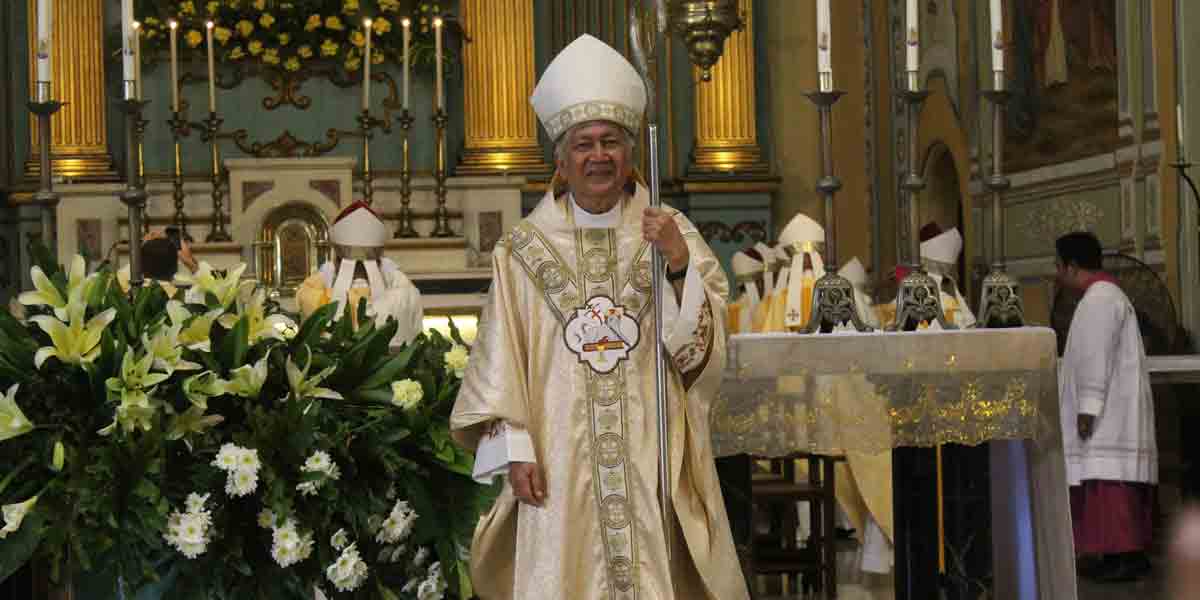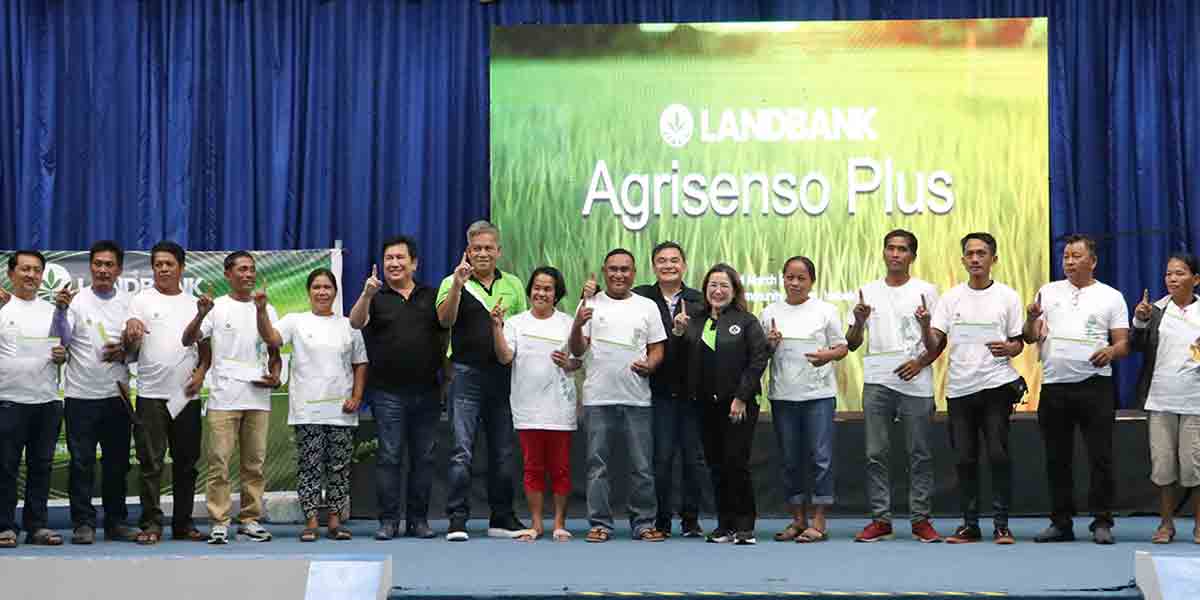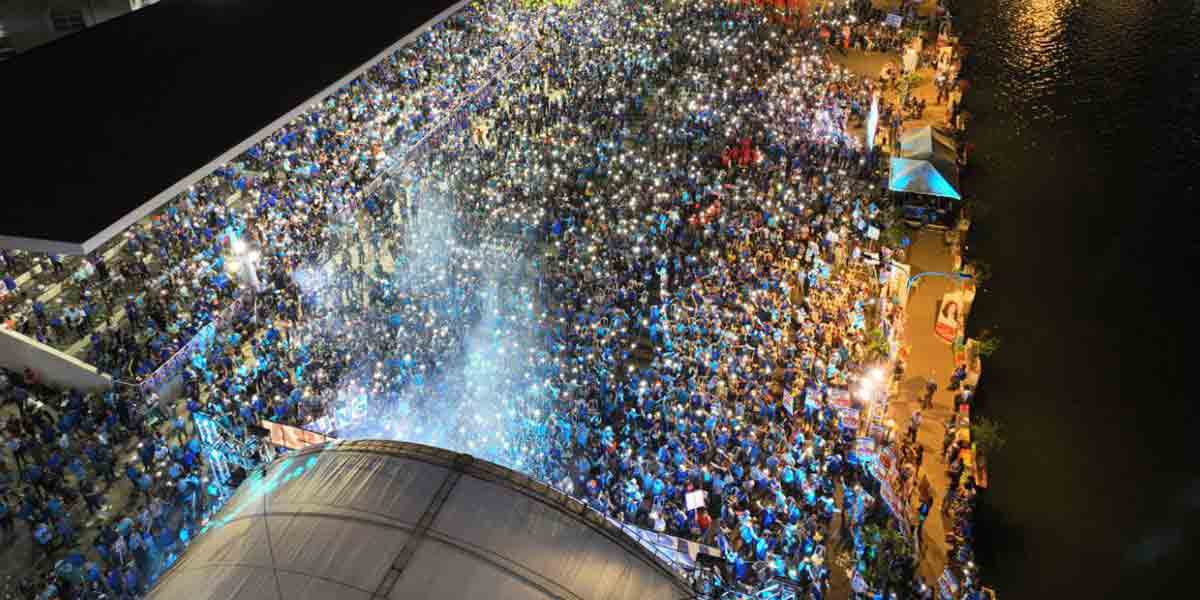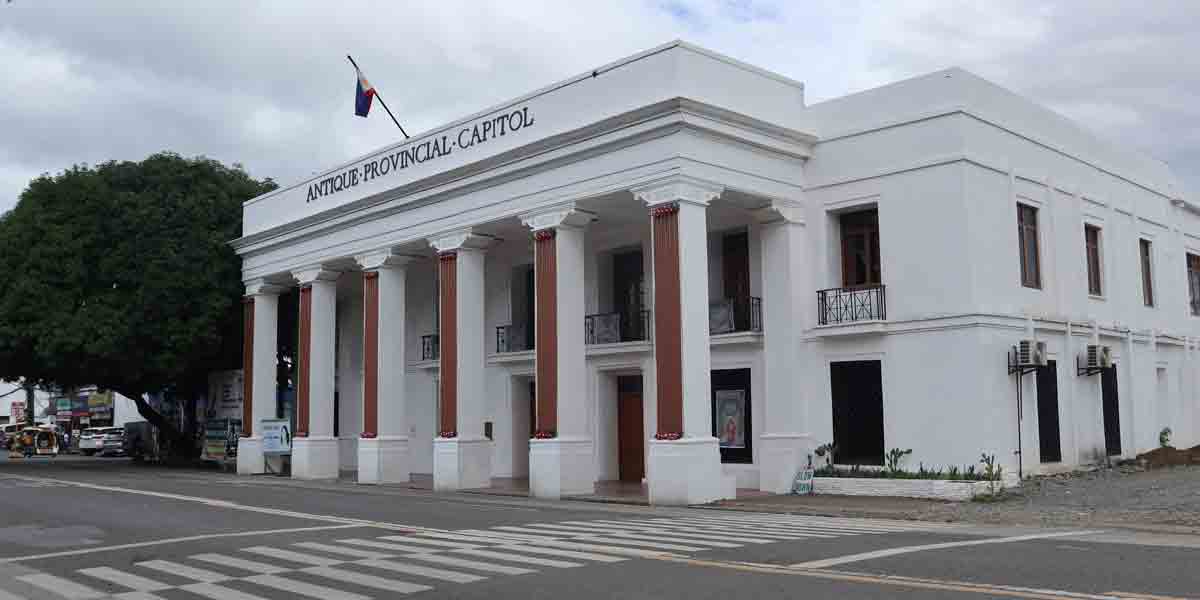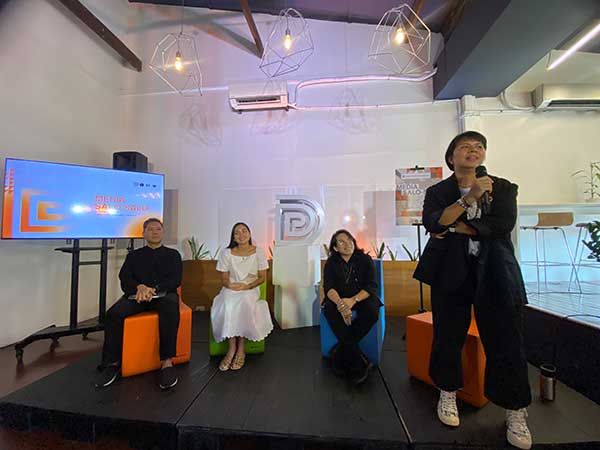
By Joseph Bernard A. Marzan
The Department of Trade and Industry (DTI)-Design Center of the Philippines, the country’s lead agency on creativity, expressed its eagerness to support Iloilo City in fulfilling its commitments as the Philippines’ UNESCO Creative City of Gastronomy.
Design Center executive director Maria Rita Matute shared the agency’s interest during a press conference on Thursday, December 5, as part of this year’s Design Week celebration, which included outreach activities in other parts of the country, such as Antique in Western Visayas.
Matute said the agency’s desire to collaborate with Iloilo City is part of its broader goal to expand engagements beyond Metro Manila.
“We hope to get further engaged now [locally] because Iloilo [City] is part of the UNESCO Creative Cities [Network]. We want to engage beyond the non-[National Capital Region areas] or ‘Imperial Manila’ in our engagements,” she said.
The agency has already established partnerships with Baguio City, a UNESCO Creative City for Crafts and Folk Art since 2017, and Cebu City, designated as a UNESCO Creative City for Design in 2019.
Matute revealed plans to collaborate with DTI-Western Visayas to build Iloilo City’s capacity and integrate it into creativity-focused initiatives, similar to the agency’s work with Baguio and Cebu.
She highlighted the importance of using Iloilo City’s UNESCO title to promote its gastronomy sector in ways that would benefit businesses, tourism, and job creation.
“With Iloilo, we hope to help with branding, like food packaging. I already [told the regional director] that the ASEAN-Japan Center will be holding a food packaging workshop during the week of January 12. I told our DTI partners to make sure they send MSMEs or local designers in Iloilo to attend that,” Matute said.
She added that the agency aims to develop strategies to define Iloilo City’s gastronomy identity, scale its appeal, and communicate it effectively.
“What does Iloilo [City] gastronomy stand for? […] For branding, packaging, how do we put that in a way that recognizes that they were conferred that [title], primarily in recognition of the kitchens of the homes? How can we scale that, and how do we communicate that in a way that would be beneficial from the point of view of tourism, enterprise development, and talent development?” she explained.
Matute emphasized the importance of building a “relationship” with Iloilo City to support its required five-year commitment as a Creative City.
“It’s really about developing that relationship and the entire journey together, whether it’s a little bit direct, or just even supporting on the sidelines. That’s how we do things, and we’d like to think that we are developing that relationship and hopefully, that culture, that we aim to achieve,” she said.
The Design Center also plans to create programs for the broader Western Visayas region to align with Iloilo City’s branding as a Creative City of Gastronomy.
Matute cited their active engagements with Baguio and Cebu as models for their envisioned partnership with Iloilo City.
“The whole aspect of [a] UNESCO Creative City is not just to win an award, but to really embed creativity, a creative economy, in building [and] developing the city. It really commits the local government and the people to own its creative assets and harness them for development,” she noted.
“Since 2019, we’ve been committed to developing Cebu [City] not just on a programmatic level, but supporting the concepts, designers, enterprises, and our government partners. That is a commitment we’ll make with Iloilo [City],” she added.
While the agency has yet to directly engage with the Iloilo City government, Matute expressed optimism that DTI-Western Visayas, as the regional office of their parent agency, could help facilitate the connection.

